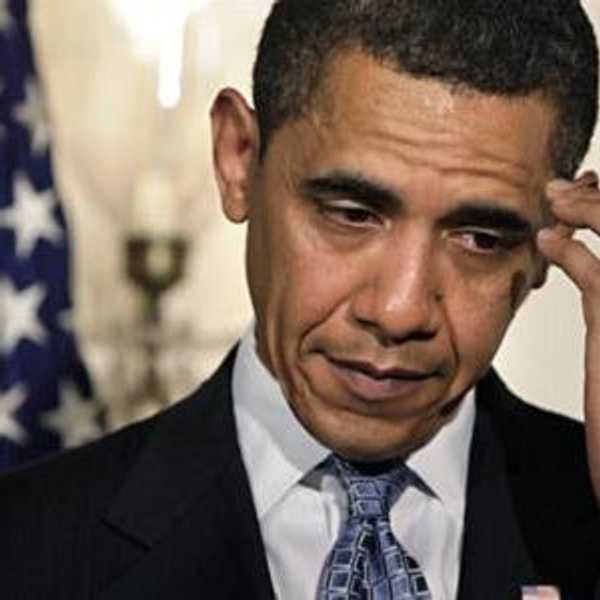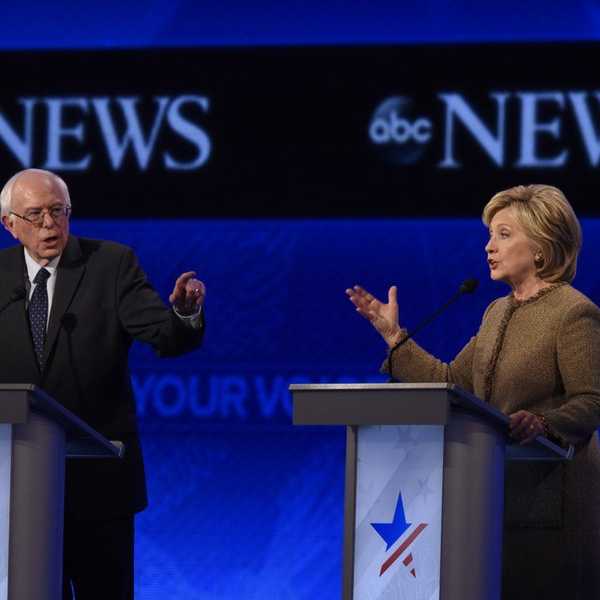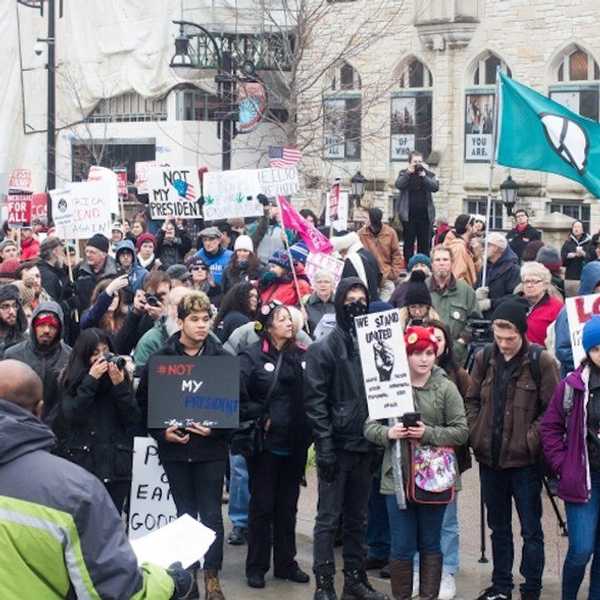While the United Nations Human Rights Council is a well-intentioned body of the United Nations meant to strengthen the promotion and protection of human rights violations and make recommendations on them, it faces its biggest obstacles which prevent it from accomplishing these goals through the politicization on the entity to a great extent.
This can be seen in two ways. The first is the appointment of countries to the council that have egregious past and present human rights records. According to an article for Jurist, Saudi Arabia is a current member of the Human Rights Council, and British lawyers are calling for Saudi Arabia’s removal from the UN Human Rights Council. The lawyers essentially released a report that detailed Saudi Arabia’s recent human rights violations. It cites the arbitrary arrest of more than 60 individuals detained in September that have yet to face formal charges, among other things. This report also accuses the state of violation, the Arab Charter on Human Rights, the Convention Against Torture, and customary international law, such as the Universal Declaration of Human Rights.
The report ultimately requests that the General Assembly suspend Saudi Arabia’s membership to the UNHRC, stating that the report provides enough evidence to justify such action. The UN Human Rights Council’s ability to successfully expose and hold violators to account is under threat because a number of countries use it to thwart attempts to expose their own crimes and abuse. Even the initial document that established the Human Rights Council claims that states should take into account the contribution of candidates to the promotion and protection of human rights, and members that are elected to the council should uphold the highest standards in the promotion and protection of human rights and fully cooperate with the council. Instead, votes are cast for the council based on political alliances and affiliations.
Even looking through the current membership of the council, which includes countries with terrible records of human rights violations, such as Afghanistan, Pakistan, obviously Saudi Arabia, and Egypt, it almost turns the HRC itself into kind of a joke. But even beyond who is elected to sit on the council, within the council itself, reports and the release of various information are sullied greatly by politics.
Recently, the campaign launched against the HRC aimed to indefinitely postpone the publication of a ‘blacklist’ of Israeli and international companies operating in Judea and Samaria. The publication of the report, something that was opposed by Israel, was stopped because the United States currently holds a seat at the United Nations Human Rights Council and through its membership, along with a few other countries, completely stopped the publication.
This only further goes to show how politics and political alliances have tainted the reputation and capabilities of the Human Rights Council in essentially doing what it's supposed to do; both through the joke that is the membership process, and then within the council itself, the use of political power to dictate the direction of the council work and to prevent it from reporting and publishing things that a state may not want it to.



















